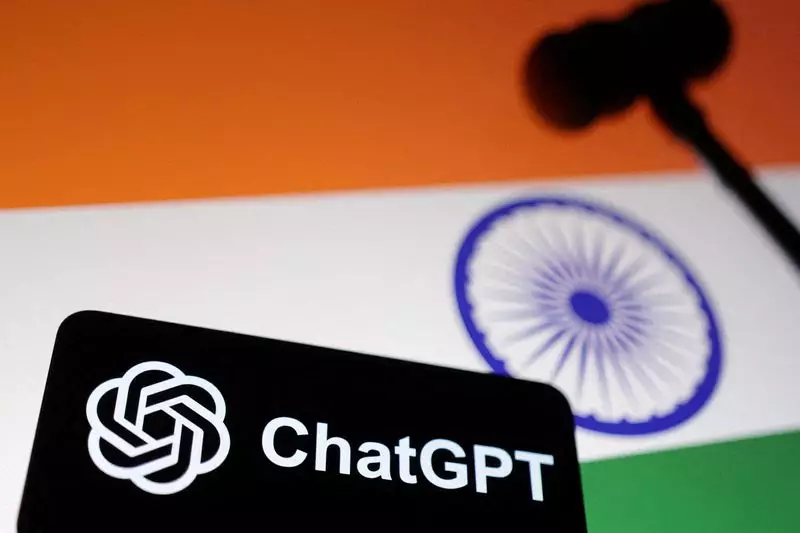In a significant development within the evolving landscape of artificial intelligence and copyright laws, major Indian media outlets are reportedly uniting against OpenAI, the organization behind the popular AI model ChatGPT. High-profile figures in the Indian business arena, such as billionaires Gautam Adani and Mukesh Ambani, have brought their digital news units into the fray, citing concerns over alleged unlawful use of their copyrighted materials. This situation highlights the desperate need for frameworks that can adequately address the intersection of digital innovation and intellectual property rights.
Documents reveal that famed publications, including the Indian Express, Hindustan Times, and NDTV (owned by Adani), are pushing for their inclusion in an existing lawsuit against OpenAI. The crux of their argument centers on the fear that their original news content is being harvested—scraped in technical jargon—by OpenAI in order to train its AI capabilities. Legal representatives have filed claims in a New Delhi court, articulating that OpenAI’s actions pose a stark threat to the copyright protections afforded to their work. Specifically, they assert that OpenAI’s activities involve “wilful scraping and adaptation of content,” which infringes upon their rights as publishers.
As the fray unfolds, numerous stakeholders within the media landscape are beginning to share these apprehensions. The initial lawsuit by the local news agency ANI last year set a precedent, drawing the attention of both global and Indian book publishing entities, which have similarly expressed their discontent over the unauthorized use of their intellectual property. The implications of AI technology, while transformative, are creating a battleground where the balance between advancement and ethical practices remains tenuous. The case has underscored widespread fears about the future of creative works in a rapidly digitalizing world that values speed and accessibility over rights and responsibilities.
The legal actions against OpenAI in India reflect a wider global phenomenon where authors, musicians, and media outlets are increasingly vocal about their rights in the face of rapidly evolving AI technologies. Across the globe, courts are being inundated with cases that challenge the basis upon which firms, including tech giants, utilize existing content for AI model training. This trend indicates a growing recognition of the potential dangers that unchecked AI development poses to intellectual property laws and creator livelihoods.
While OpenAI has historically maintained a stance of fair use with respect to publicly available data, these legal challenges may mandate a more significant reassessment of its methodologies. The sequence of events unfolding in India could serve as a crucial reference point as other nations grapple with the same issues. The resolution of this dispute could shape not only the future of AI-involved content creation but also how copyright laws evolve in response to technological advancements. As debates intensify, it remains clear that a consensus is urgently needed to balance innovation with the rights of creators in a digital age.

